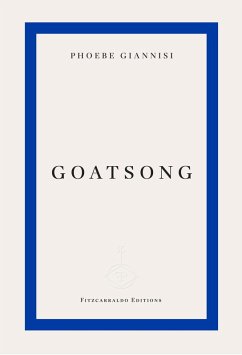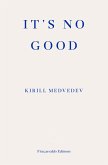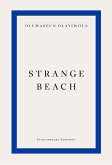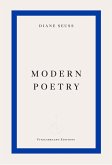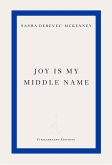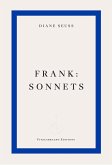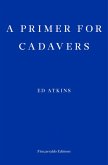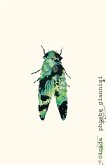The ancient Greek word for tragedy (t¿ä¿d¿a) is a compound of goat (t¿¿¿¿¿) and song (¿d¿). In Phoebe Giannisi's Goatsong, the seam that connects human and animal, myths and history, is the body. In Giannisi's language, life obeys myth. A man places a screaming cicada in his mouth, reminding us of a scene from Plato's Phaedrus, where Socrates claims cicadas to have been humans who became entranced by the invention of singing, and didn't stop to eat or drink. When the goddess Thetis dips her newborn son, Achilles, into the River Styx to protect all but his famous heel where her hand grips, we're told 'the place of the mother's grip / is the mark of death.' Adjacent to the mythical setting is the material, where the rumination of goats, their digestive cycle - chewing, swallowing, then recalling food back into the mouth to be reconsidered - begins after weaning, and is lain alongside how we think: 'from the moment of separation / from the mother / they ruminate.' In these lyric enactments, all is transformative and transformed; territories of land, the body and history are blurred, and nothing is still. From Homer to Donna Haraway, Derrida to state archives, klephtic ballads and rebetiko, to Parmenides and Giannisi's dog, Ivan, the many human and animal voices of Goatsong form an incantatory lyricism and layered engagement unique in literature.
Dieser Download kann aus rechtlichen Gründen nur mit Rechnungsadresse in A, B, BG, CY, CZ, D, DK, EW, E, FIN, F, GR, H, IRL, I, LT, L, LR, M, NL, PL, P, R, S, SLO, SK ausgeliefert werden.

